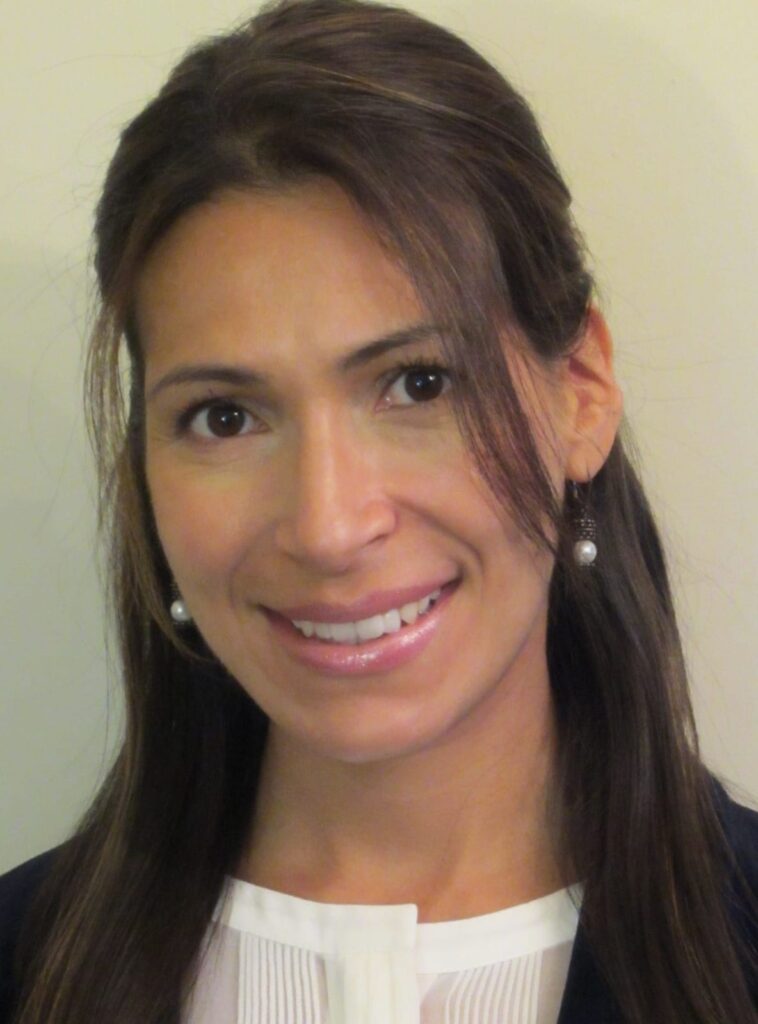LE TRE LEZIONI MAGISTRALI DELLE GIORNATE CLASTA 2023
La XIII edizione delle Giornate CLASTA si terrà a Pescara il 19 e 20 maggio 2023, in collaborazione con l’Università degli Studi “Gabriele D’Annunzio”. Il programma prevede lezioni magistrali, simposi tematici, un simposio giovani ricercatori e ricercatrici, una sessione poster. Le Giornate CLASTA ospiteranno inoltre i Premi annuali CLASTA.
Le lezioni magistrali saranno tenute da due studiose e due studiosi di rilievo internazionale: Ludovica Serratrice (Università di Reading-UK), Bianca Acevedo (University of New York, USA), Giovanni Valeri (Ospedale Pediatrico Bambino Gesù, Roma).
LUDOVICA SERRATRICE
Intervento di Ludovica Serratrice alle Giornate CLASTA:
Longitudinal Predictors of Listening Comprehension in English-speaking Bilingual Children
«Research on monolingual children has shown that listening comprehension is predicted by a range of language and cognitive skills; less is known about predictors of listening comprehension in bilingual children and about the role of language input.
In this talk I will present longitudinal data on predictors of English listening comprehension in 100 bilingual children between the ages of 5;8 and 6;8 years. The children were tested 3 times on their literal and inferential comprehension of stories. Vocabulary, morphosyntax, attention, and memory were included as predictors of listening comprehension alongside a measure of English input. The children showed growth over time in both literal questions and global inference questions, with performance on local inferences remaining stable over time. Vocabulary depth and morphological knowledge explained listening comprehension abilities in all types of questions, but not their growth; that is, all children improved in comprehension over time regardless of their initial morphological and vocabulary depth skills. English input had a mediated effect on listening comprehension via morphological knowledge and vocabulary depth, but no direct effect.»

Ludovica Serratrice is a professor of bi-multilingualism in the School of Psychology and Clinical Language Sciences at the University of Reading and former director of the Centre for Literacy and Multilingualism (2018-21). She is also Professor II at UiT The Arctic University of Norway. Ludovica has been teaching about clinical linguistics, language development, and bilingualism on undergraduate and graduate speech and language therapy degree programmes since 2004. Her research focus is on the development of syntactic and pragmatic knowledge in both monolingual and bilingual children. She has led several national and international research projects and she has published extensively on these topics. Before academia Ludovica trained as a simultaneous interpreter in her native Italy. In addition to Italian and English, she speaks French (not as well as she would like).
BIANCA ACEVEDO

Intervento di Bianca Acevedo alle Giornate CLASTA:
The Highly Sensitive Brain: Where We Are Heading
«Sensory processing sensitivity (SPS) is a trait associated with greater responsiveness to the environment and to social stimuli. It is found in 20%-30% of humans and in over 100 other species. Individuals with high (vs. low) SPS process information for more deeply; and are more aware of and affected by their environment and stimuli, both for better and for worse. Recent neuroimaging investigations of SPS show how the brain mediates the cardinal features of SPS. For example, fMRI studies have found that SPS is associated with stronger activation of visual areas that enhance perception, memory-related areas supporting depth of processing, and reward-related processing in response to affective stimuli. In this presentation, I will review the main features of SPS and the brain regions that support these processes. I will also discuss future directions for research on the highly sensitive brain, including potential links with language development.»
GIOVANNI VALERI
Intervento di Giovanni Valeri alle Giornate CLASTA:
Il disturbo della comunicazione sociale pragmatica: criticità e potenzialità di un nuovo costrutto nosografico
«Il Distrubo della comunicazione sociale pragmatico è stato inserito nel 2013 nel DSM 5 cercando di individuare una nuova categoria nosografica per bambini e adolescenti che presentano problematiche nell’uso sociale della comunicazione, nella pragmatica comunicativa. Questi bambini e adolescenti spesso presentano una difficile diagnosi differenziale con le persone con Disturbo dello spettro autistico o con Disturbi del linguaggio complessi. Si cercherà di analizzare la struttura di questo nuovo costrutto nosografico e la sua storia, per evidenziarne criticità e potenzialità».






